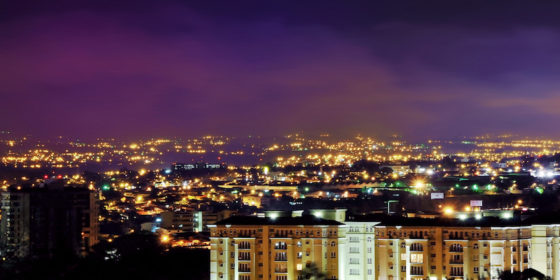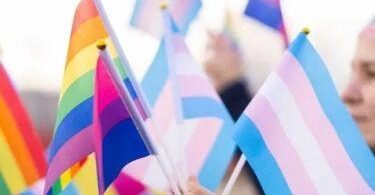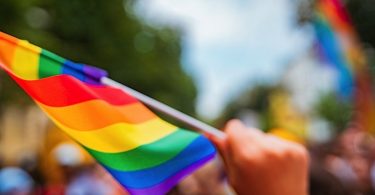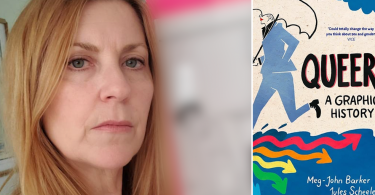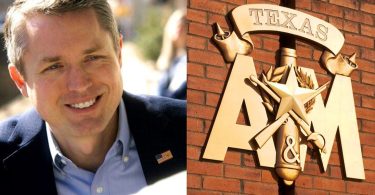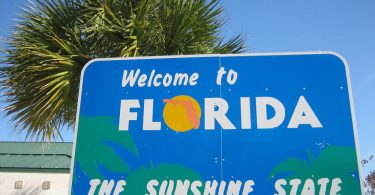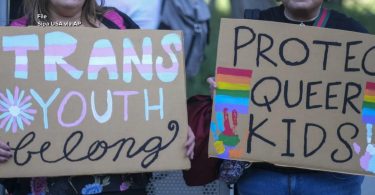Costa Ricans are voting for a new president Sunday, 4 February amidst the debate over same-sex marriage.
The leading candidates in the presidential race are avidly anti-LGBTI and oppose the expansion of gay rights that has been happening in Latin America as of late.
The candidates
One candidate is Fabricio Alvarado, a conservative Christian singer and TV personality. He made his way to the top of the polls after speaking out against January’s human rights court ruling that granted same-sex marriage rights to LGBTI couples.
Alvarado, 43, called the ruling ‘a violation of the country’s sovereignty and an affront to traditional values.’
‘We have to stand up to those who want to trample on the family,’ he said at the campaign’s last debate.
Another candidate is Antonio Alvarez, a banana entrepreneur and member of the National Liberation Party. While he personally opposes the same-sex marriage ruling, he has claimed that he’d respect it should he win the election.
Conservative Juan Diego Castor came in a close second in a recent poll. Castor, a former justice minister, is running on an anti-crime platform and is also pushing for less regulation on miners and oil companies.
Of the more liberal candidates is Carlos Alvarado, former labor minister in the outgoing government of President Luis Gillermao Solis.
The outgoing government
Solis, a former diplomat and history professor, won in a landslide four years ago. However, he is barred from seeking a second term due to an investigation into a peddling scandal he’s said to be involved in.
Solis gained international attention after flying a rainbow flag, along with the Costa Rican flag, above his office after giving a statement against homophobia.
Anything else?
Costa Rica’s 3.3 million residents are predominantly Roman Catholic and most consider themselves conservative.
If no candidate receives at least 40% of the 4 February vote, a runoff election with the top two candidates will happen in early April.

